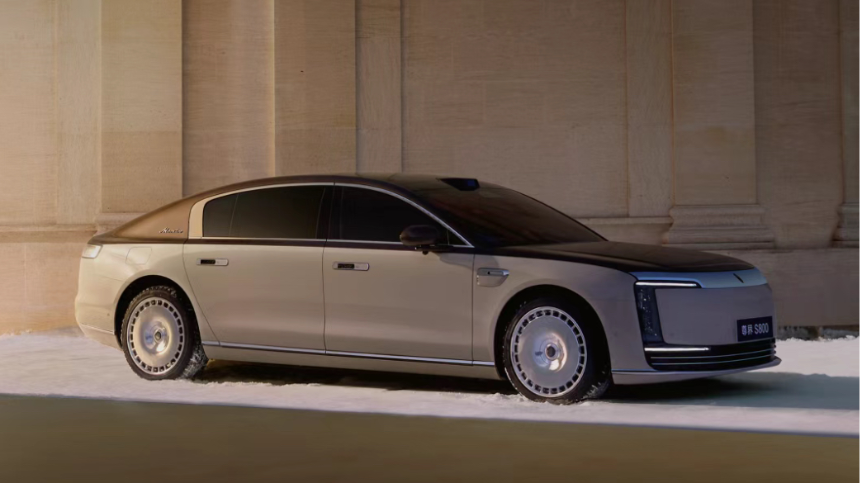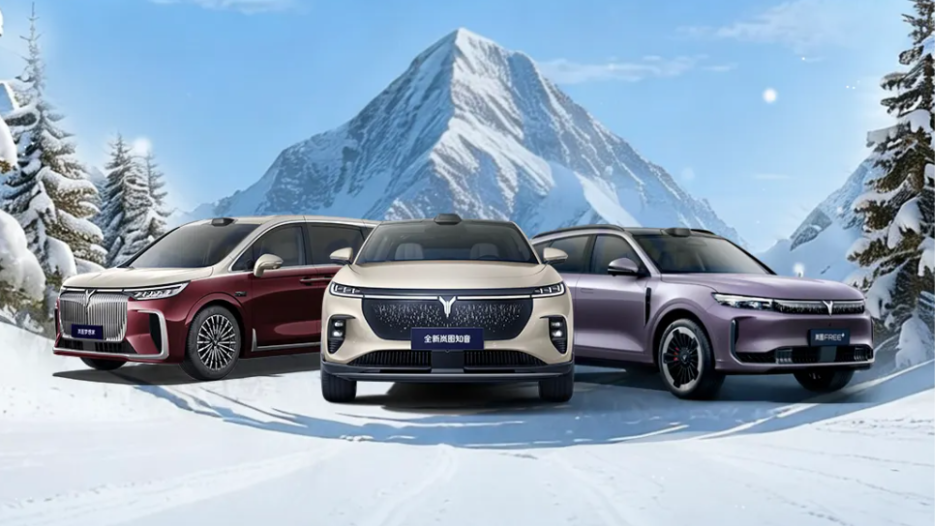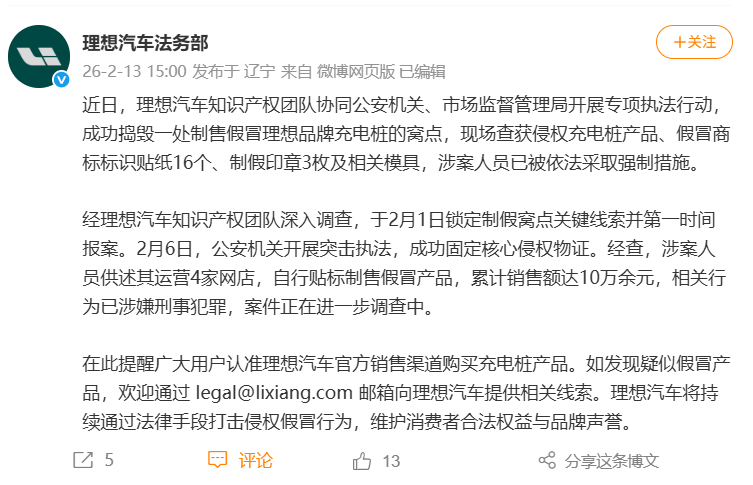.jpg) Want to sell much more cars abroad? Easy: Buy foreign brands.
Want to sell much more cars abroad? Easy: Buy foreign brands. China is the world's second largest export nation, behind tiny Germany, and before huge America. In 2008, China’s exports have been twice as high as Japan. This year, China may take the top spot. Yet, there is one area where China woefully lacks, and that is car exports.
Germany produced 6 million vehicles in 2008. Half of those were exported. Japan built 11 million vehicles in 2008. 6 million were exported. China produced 9,345,101 vehicles in 2008. Only 680,700 were exported. This year is especially bad for Chinese car exports. Only 164,800 units were shipped abroad in the first seven months, down 60.3% from 2008. Something has to be done. And it is.
For more than 20 years, China was the place where foreign automakers forged joint ventures to get their share in one of the world’s last growth markets. The cars made by these joint ventures are just as good, sometimes even better than those made abroad. They are just as good, just as safe, just as well-built. At a lower price point, they would be an instant hit. However, joint venture contracts usually don’t allow the export of these cars, which leaves the exporting to the home-growns.
Selling to the volume markets of Europe and the USA is tough for the home-growns. Building a car that is light enough to be efficient, crash-worthy enough to be safe, advanced enough to pass high emission standards is easy for the joint ventures and their foreign technology. For the home-growns, it is a tall order.
Suddenly, there is a chance for China’s home-grown auto industry to catch up quickly. Automakers abroad, especially in the USA are in deep trouble. For relatively little money, established car brands with all their know-how, expertise, branding, intellectual property and reputation can be bought.
Little-known Tengzhong looks like they are finally finalizing their deal with GM to buy Hummer. According to Reuters, the deal may be signed this coming week. Officially, Chinese regulators will have to decide whether or not to approve the plans after the deal is finalized. However, China's commerce ministry has made approving noises lately. State news agency Xinhua says that the Chinese government has “not yet” given approval. Notably absent from the report is the previous rhetoric against gas-guzzling behemoths that don’t fit into China’s green ambitions.
Much more importantly, Geely is the only company that has submitted a concrete bid for Ford -owned Volvo, says Reuters. Ford has talked with many people, including Volvo’s former parent company Volvo AB. Except for Geely, it had been all talk. Geely appears to be the only company with the money, the market, and the wherewithal to make Volvo a success. The deal with Geely is expected to be closed by the end of the year. Ford does not want to retain an interest in Volvo.
As the sole owner of Volvo, Geely can quickly unlock market share at home and abroad. Geely can sell existing Volvo cars that have already been approved. Geely buys a cadre of very gifted Swedish engineers that had infused their knowledge into Ford. What is good for Ford will be much better for Geely.
Volvo isn’t the only car brand that is for sale. The Opel drama is dragging on with no quick end in sight. Bankruptcy after the German national elections on September 27 is a distinct possibility. Beijing’s BAIC had shown interest in Opel, but was not taken seriously. In a bankruptcy sale, BAIC may have another chance. The know-how that comes with Opel would be huge. Most small and mid-sized cars in the GM stable are based on Opel platforms.
There will be more to buy. Half of the worldwide car production capacity is not utilized. Capacity utilization below 80% spells trouble. 50% utilization is unsustainable. Someone who has the patience to wait for a good deal will be able to buy very interesting and well known car companies down the road.
About the author: Bertel Schmitt, Gasgoo's columnist, is CEO of Hong Kong based parts sourcing company Sinamotive. Before founding Sinamotive, with the assistance of U.S. venture capital, Mr. Schmitt was a marketing consultant to Volkswagen AG.









